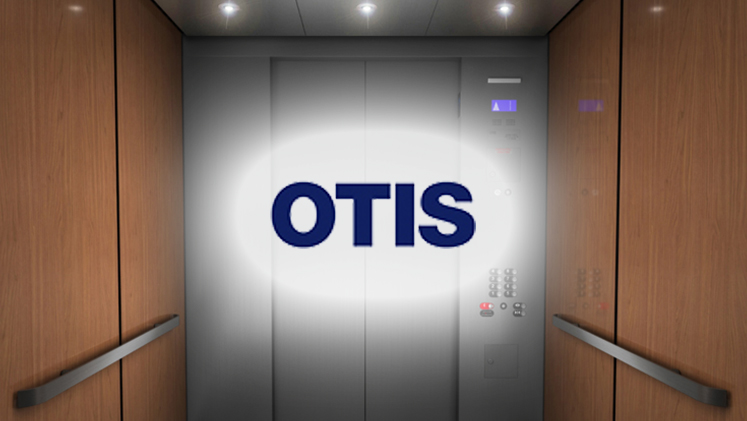On Friday, June 13, 2025, the Department of Justice (DOJ) announced that Otis Elevator Company agreed to pay over $600,000 to resolve allegations that it violated the False Claims Act (FCA) by invoicing the Tennessee Valley Authority (TVA) for services that were not performed.
The DOJ alleged that Otis submitted invoices to the TVA for preventative maintenance services that were not rendered pursuant to the terms of an August 2017 contract between Otis and the TVA. Specifically, the government claimed that the contract required Otis to provide “turnkey modernization” and specified monthly preventative maintenance services related to certain elevators in the TVA’s Knoxville Office Complex. According to the DOJ, Otis submitted invoices for certain preventative services that were not performed.
Although the amount Otis settlement might be relatively small for an FCA case, it is significant in that it involved turning a breach of contract into an FCA violation. It has been nearly 10 years since the Supreme Court held, in Universal Health Services, Inc. v. United States ex rel. Escobar, that the FCA is not “an all-purpose antifraud statute . . . or a vehicle for punishing garden-variety breaches of contract or regulatory violations.” The Court in Escobar went on to hold that “[a] misrepresentation cannot be deemed material merely because the Government designates compliance with a particular statutory, regulatory, or contractual requirement as a condition of payment.”
In the Otis case, the government likely had evidence that it viewed to demonstrate that Otis knew or should have known that it was submitting the invoices in question despite not performing the work, arguably turning this from a “garden variety breach of contract” case to an FCA one.
This settlement sends a clear messages to all government contractors: do everything possible to ensure compliance with all contractual terms, including taking proactive steps to ensure such compliance. Government contractors — regardless of which industry they are in — should also have a compliance program in place, including having a compliance officer, performing regular audits, and ensuring that employees have a way to report concerns to management without fear of retaliation. Studies have shown that when companies develop open lines of communication for their employees to report such concerns, they significantly reduce the risk that their employees will turn into FCA qui tam whistleblowers.
__________
The attorneys at Chilivis Grubman represent businesses of all types and sizes in connection with False Claims Act investigations and litigation. If you need assistance with such a matter, please contact us.

